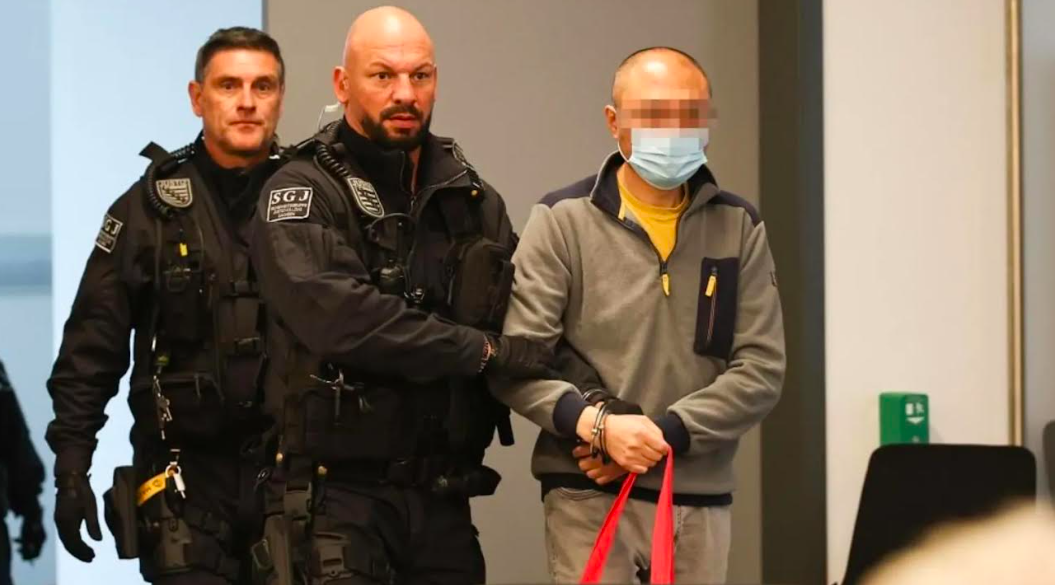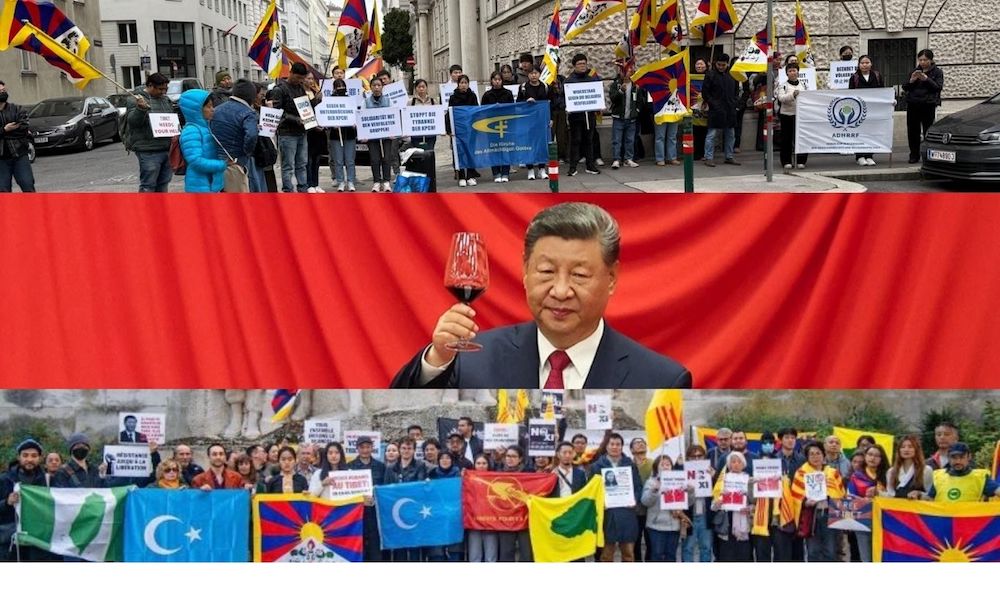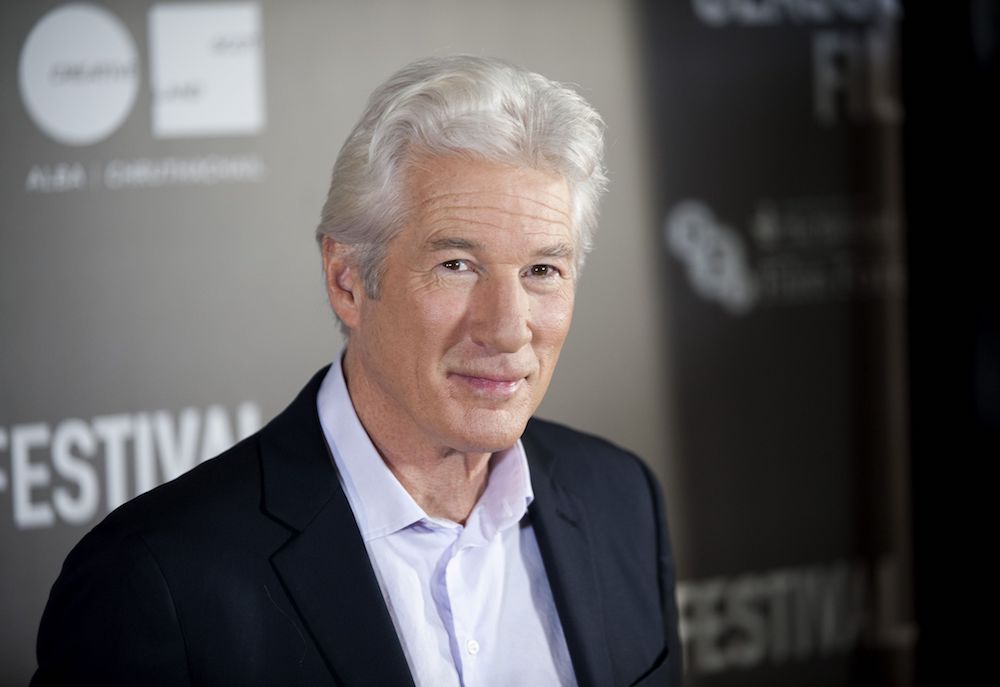by Tsewang Namgyal
Like many Tibetans, I am simply excited by the quality of our three Kalon Tripa candidates. However, I am also deeply concerned that our next Kalon Tripa will disappoint the electorate. This I believe will be less due to the lack of willingness of our next Kalon Tripa to implement game changing policies. Instead, it will be due to obstacles that will be placed by few fellow Tibetans driven by (i) extreme regional and sectarian mentality, (ii) ideological obsession (with a drive to sabotage any policies if it is not by their choice of Kalon Tripa) and (iii) non progressive thoughts (especially related to secular modern views). Here I would like to share few thoughts and suggestions in case it would be of any use to assist in the success of our new Kalon Tripa.
NEGATIVE CAMPAIGN
All our three candidates have strongly called upon their supporters to avoid personal attacks on their opponents. Our candidates have taken a higher standard by focusing on their policies rather than criticizing that of the other candidates. Unfortunately, negative campaigns persist. Let us collectively continue to criticize negative campaigners because this could kill the character of the next Kalon Tripa basically making him largely ineffectual.
History has taught us that it was internal forces that prevented the modernization efforts by His Holiness the XIII Dalai Lama and to preserve our independence.
After the death of the Thirteenth Dalai Lama, two very promising leaders appeared at that time – Kunphela and Lungshar. Kunphela headed the Treasury department and had the support of the military regiment, Drog Drag Makhar, which he had helped to establish during the Thirteenth Dalai Lama’s reign. This regiment was made up of the sons of Tibetan elites. Lungshar, in contrast, was a finance minister and had been a close advisor to the Thirteenth Dalai Lama. After the death of the Dalai Lama, Lungshar was able to remove Kunphela first by causing the Drog Drag regiment to disband, and then by blaming his rival for the Dalai Lama’s death, a charge which led to his arrest and exile.
Subsequently, Lungshar was himself accused of conspiracy to overthrow the Tibetan government and was removed by the Tsongdu. During the reign of the Thirteenth Dalai Lama, he had established an organization known as Kechog Kuntun or “Happy Union” to bring change to the government. I understand an official had a score to settle with Lungshar. He accused Lungshar of planning to overthrow the government. Lungshar was arrested and after an investigation was found to be guilty.
I understand there is different interpretation of our history; however, all indicate that both Kunphela and Lungshar were destroyed by false claims. Imagine if both of them (along with their supporters) had a friendly competition without losing sight of their common goal.
The reality is negative campaigns do work to a certain extend. If not, people will not use it. The problem with negative campaigns besides assassinating the character of our opponent, it will lead to the electorate making decisions on bad information. By maintaining a positive campaign, I believe this will allow the electorate to elect the best candidate and make the next Kalon Tripa’s job much easier.
MAKE AND CLEAR THE PATH
By making and clearing the path for our next Kalon Tripa will allow him to focus on his job. The responsibilities of our next Kalon Tripa will be unprecedented. Unfortunately, there is still not much clarity on his job responsibilities. According to Phayul, on January 6, 2010 the Tibetan Parliament had submitted to His Holiness a memorandum urging him “not to retire – either semi or fully – from the Tibetan leadership role.”
Steps like this will put our Kalon Tripa in difficult position as any proactive steps could be positioned not as a step to fulfill the vision of His Holiness but rather power hungry (or worst going against His Holiness). It is critical our Parliament and all of us focus on how we can provide the next Kalon Tripa with the resources to succeed (as common sense tells us that a gun without ammunition is near useless), reduce unnecessary bureaucracy of the Kalon Tripa (especially protocol and rituals) and put in place appropriate checks and balance (because history has shown that power can corrupt even great people),
We need to seek in particular the advice of Tibetans and supporters who are experts on modern organizations to make ours more effective. Thoughts to consider should include whether the next Kalon Tripa needs their own Private Office or spokesperson? Where will the funds come form for any additional expenses? What kind of roles does the Kalon Tripa need to take at religious events? How can we co-brand the Kalon Tripa with His Holiness the Dalai Lama? Seating arrangements since symbolism is in particular important considering large segments of our population are illiterate? How can we position our Kalon Tripa such as by using more recognizable titles such as Prime Minister so that there is instant recognition and respect outside our community? How can we use technology so that despite our geographic distances and move to the West we continue to make TGIE and our Kalon Tripa relevant?
In addition, I believe depending on our expertise we need to offer our action plan to our candidates before they get elected. If our next Kalon Tripa is not able to implement their plans during the initial honeymoon phase with the public, it will be difficult later on.
VICE KALON TRIPA AND TEAM WORK
Through the numerous interviews and debates, it is likely we have all drawn our own conclusions on the three candidates. There is no doubt in my mind that they all genuinely share the same goals to empower our community and bring freedom to Tibet. As advocated by others, I agree that if the elected Kalon Tripa invites the other two candidates in his Cabinet it would be a wise strategic step. In addition, I believe it is critical that he also considers a Vice Kalon Tripa. This is in particular critical during periods of great uncertainty such as ours that could be exasperated by sudden transitions due to early death, assassination or impeachment. I have shared the reasons for the importance of Vice Kalon Tripa in an earlier piece including other Lessons we can learn from the United States and will not repeat it here.
Below I would like to share briefly my views on the three candidates.
Kasur Tashi Wangdi
Kasur Tashi Wangdi la is someone who would fit the definition of a statesperson. His distinguished long service to TGIE has made him one of the most respected individuals in our community. I had the great honor to work with him during his tenor as the Representative of the Americas. Through his VOA interview and NYC Kalon Tripa debate one can see both his honesty and depth of understanding of TGIE. Here I would like to highlight two of his views that impressed me much.
In a question related to the Middle Path with China, he spoke with conviction and clarity that this was the goal and not a tactic. He further went on to add that it is critical we continue to reach out to the Chinese community as encouraged by His Holiness and TGIE. It was not his position because I also appreciate Tibetans who fight for independence but the clarity of his position and strategic action plan. By continuing to reach out and align our interest with the Chinese people and caring government officials through our moderate position I believe we will most threaten the hard liners. Hard line position from our side will give the Chinese government hardliners an opportunity to consolidate their own power and no reason to given into our demands.
Tashi la’s other priority of focusing on our human resources is critical. Unless we have the capability to run our own destiny whether we achieve genuine autonomy or independence this could make our efforts near meaningless. Independent states like Zimbabwe, Cambodia and Nepal are cases in point. Primarily corrupt elites still rule and manage their own country but the only difference is it is of one’s own ethnicity.
This multi pronged strategy with a foreign policy focused on reaching out to the Chinese people and a domestic policy focused on developing our human resources is the way to go. The only addition on human resources development, I would include, is inclusion of economic empowerment.
Dr. Lobsang Sangay
I have known Lobsang la for a few years and in particular appreciate his work related to Sino Tibet conferences. I came to know him better after we formed a small group to provide feedback to our leadership after the 2008 unrest in Tibet. There is no doubt in my mind his genuineness to serve our community and take us to the next level.
Personally, I appreciate his plans related to Tibet’s economic development. His response at the recent NYC Kalon Tripa debate on bringing economic development through public private partnership was clear and convincing. I will not discuss this further on the importance of private sector to our community since I already recent wrote a piece on it titled: Our Fatal Flaw II.
More than his plans what attracts me most to Lobsang la are his go getter personality and his ability to mobilize people. His campaign has reenergized our election process. He has proven his ability to bring Change. I believe with the right Team he can most quickly take our community to the next level.
Kasur Tenzin Namgyal Tethong
Personally, I did not have an opportunity to work with Kasur Tenzin la. However, through my e-mail correspondence with him and listening to his interviews there is no doubt in my mind the depth of his experience.
Personally, what excites me most about him is his willingness to listen to experts and his plans to strengthen TGIE. One of the current weaknesses in our community is the view that being a leader means to be all knowing. Tenzin la’s plans to form Committees’ comprised of experts to develop policies is refreshing.
Tenzin la’s recognition on the importance of empowering TGIE’s staff is also much appreciated. Public servants should not expect the same material compensation as the private sector because their compensation is partly by their ability to do something of interest and community recognition. However, we need to slowly weed out of our community the subtle glorification of poverty for those who serve as symbol of dedication. This effort of ours is not a religious exercise where we necessarily need to sacrifice or feel the pain.
The great Buddhist teacher Shantideva used the beautiful metaphor that covering one’s feet with leather sandals is the same as covering the entire world with leather. He used this metaphor to indicate that if we are able to restrain our mind it is the same as restraining external phenomena. Similarly, I believe if we are able to empower TGIE officials, make the right structural changes and strategically position TGIE this would be the same as neutralizing much of Tibet’s external threats and leveraging outside opportunities.
CONCLUSION
Personally, I am very optimistic about our future. Just two years back we were worried about our ability to produce great candidates and the complacency of our electorate. Today we have highly qualified and vibrant campaign. There is no doubt that His Holiness the XIV Dalai Lama, Samdhong Rimpoche and our elders have provided us with a solid foundation. It is this foundation that has given us the ability to get a decent education, generate support globally and give us hope for a brighter future. While we call for changes, let us also remind ourselves that change for the sake of change is not necessarily good. While we consider changes, let us also constantly remind each other that throwing the baby with the bathwater is stupid.
Today we are ALL making history. It is said that the U.S. constitution was designed by geniuses so that idiots can run it. We are not geniuses but with our combined efforts we can bring calculated changes so that our future generation will never have to worry about a political vacuum or be taken advantage of it. Let us enjoy in this process as this will make us most creative.
The author is an MBA graduate (Beta Gamma Sigma Honor Society member) from the Thunderbird School of Global Management and works in the Investment Banking field in New York City. Tsewang is one of the Founding Board of Directors of Students for a Free Tibet, first Tibetan to officially enlist in the United States Military and served as the Executive Director of the Tibetan Community Center Project (NY) from 2007-2008. Tsewang currently serves on the Board of the Tibet Fund.
[OPINION-DISCLAIMER]









